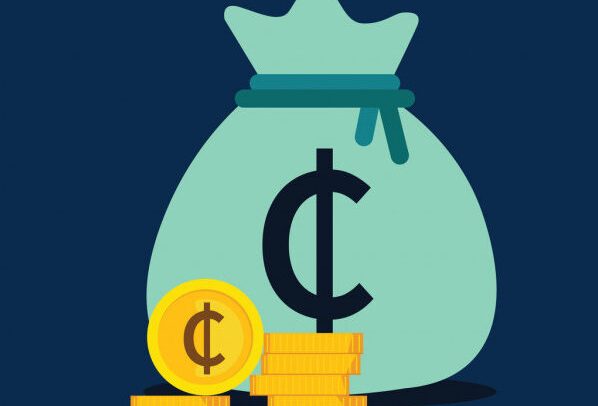A surge in demand for dollars by companies settling import bills ahead of the festive season has wiped out the Ghanaian cedi’s strong run earlier this year, pushing it to the bottom of global currency rankings in the third quarter.
The cedi, which had been the world’s best performer in the second quarter with gains of about 50% on the back of higher gold prices, slumped by 13.4% between July and September – the steepest loss among major currencies tracked by Bloomberg.
A Bloomberg chart shows the Ghanaian cedi posting the heaviest fall, outstripping the Argentine peso (11.5%), Botswana pula (7.7%) and the Dominican Republic peso (5.6%).
Analysts attribute the sharp fall to the Bank of Ghana’s limited ability to meet dollar demand. Hamza Adam, Head of Market-risk Management at UMB Bank, said lenders are receiving only part of their requests for foreign exchange.
“As at last week, banks that filed dollar needs on behalf of their clients to the Bank of Ghana got about half of their requests. This week the central bank is trying to meet all demand,” he explained.
By early trading in Accra on Thursday, the cedi was down 0.1% at 11.9507 per dollar. Despite the quarterly slump, the currency has gained 23% so far this year.
Ghana’s import-driven economy, reliant on everything from food to machinery from overseas, typically sees dollar demand spike toward the end of the year as businesses stock up for Christmas sales.
The central bank, which built up reserves to a three-year high of $11.1 billion by June, has been cautious in deploying foreign exchange.
In a written response, it stressed its priority is to maintain orderly market conditions. “The cedi should be stable within a reasonable range,” the Bank of Ghana said.
“Our role is to ensure that fluctuations reflect fundamentals and do not undermine confidence in the broader economy,” it added.
A Daily Guide Report


